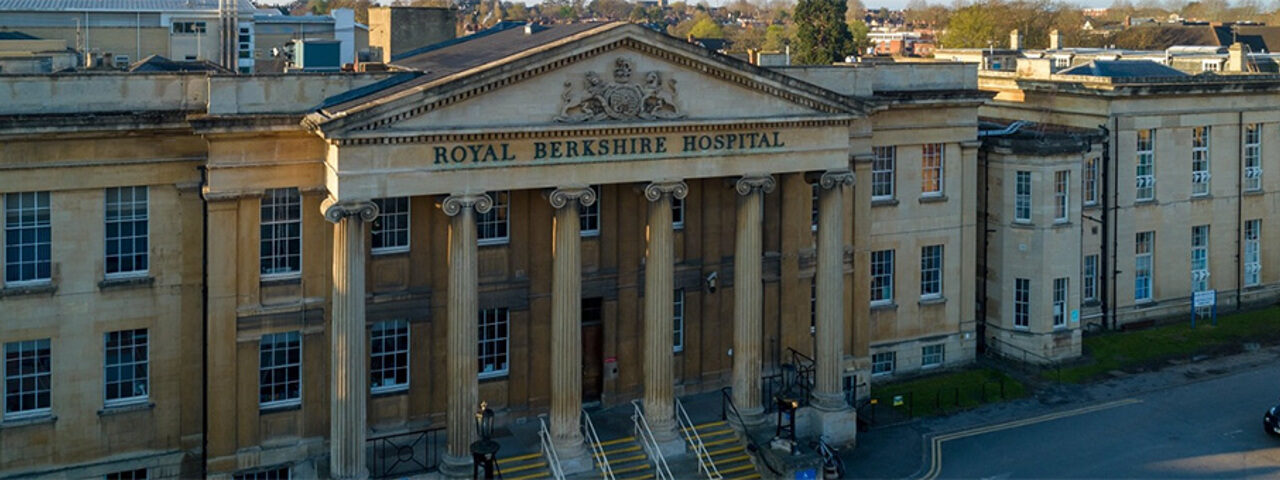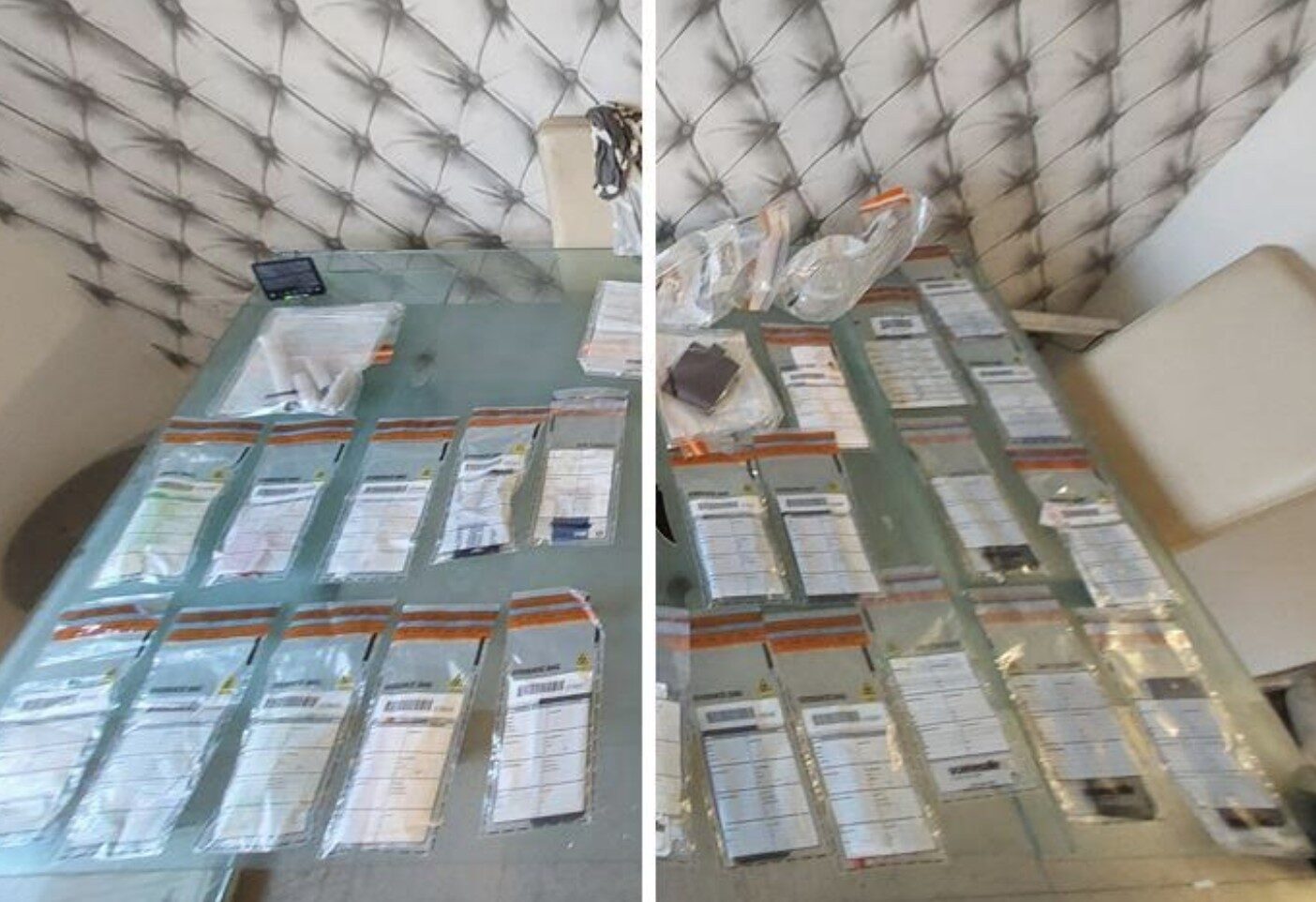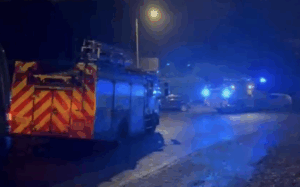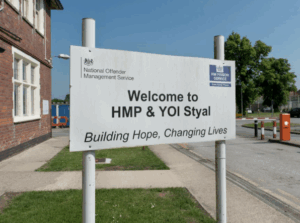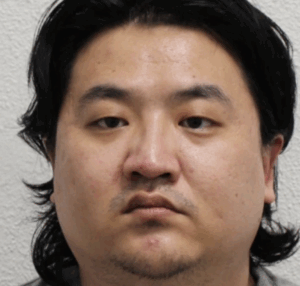Junior Doctors Begin Three-Day Strike Across UK – Royal Berkshire Hospital Activates Contingency Plans
Junior doctors across the UK have begun a three-day strike as part of a national dispute over pay and working conditions, with Royal Berkshire Hospital in Reading confirming that robust plans are in place to protect patient safety and maintain essential services throughout the industrial action.
The strike, led by the British Medical Association (BMA), is expected to cause disruption to non-urgent and routine services in NHS hospitals nationwide. However, emergency care and critical services will remain operational.
Hospital Responds to Disruption
A spokesperson for the Royal Berkshire NHS Foundation Trust said on Friday:
“We fully respect the right of our staff to take industrial action and we’ve put robust plans in place to ensure we can continue to provide safe and essential care.”
The hospital is prioritising vulnerable patients and time-sensitive treatments, with some routine appointments and procedures likely to be rescheduled.
Patients with existing appointments are advised to attend as normal unless they have been directly contacted by the hospital to reschedule.
Why Are Junior Doctors Striking?
The strike is part of a long-running campaign by the BMA calling for full pay restoration for junior doctors, who claim they have experienced a real-terms pay cut of over 25% since 2008.
The BMA has accused the government of failing to engage in meaningful negotiations, and insists that doctors are being pushed to the brink by unsustainable workloads and underfunding.
“This action is not taken lightly. Junior doctors are fighting for fair pay and better working conditions, not just for themselves, but for the future of the NHS,” a BMA spokesperson said.
What Patients Need to Know
- The strike lasts from Friday 25 July through Sunday 27 July
- Emergency departments remain open
- Planned procedures and outpatient appointments may be affected
- Patients should attend appointments unless told otherwise
The Royal Berkshire Hospital and others have also increased the use of senior medical staff, temporary clinicians, and telemedicine to reduce disruption.
Government Response
The Department of Health has urged doctors to return to the negotiating table, stating it has made “fair and reasonable” pay offers in line with other public sector settlements.
A government spokesperson said:
“Industrial action puts strain on the NHS and impacts patients. We urge the BMA to reconsider and return to discussions in good faith.”

